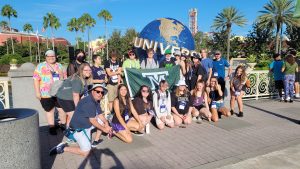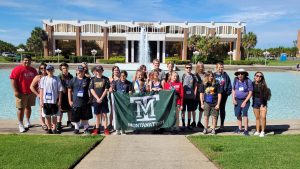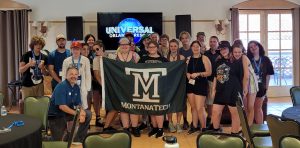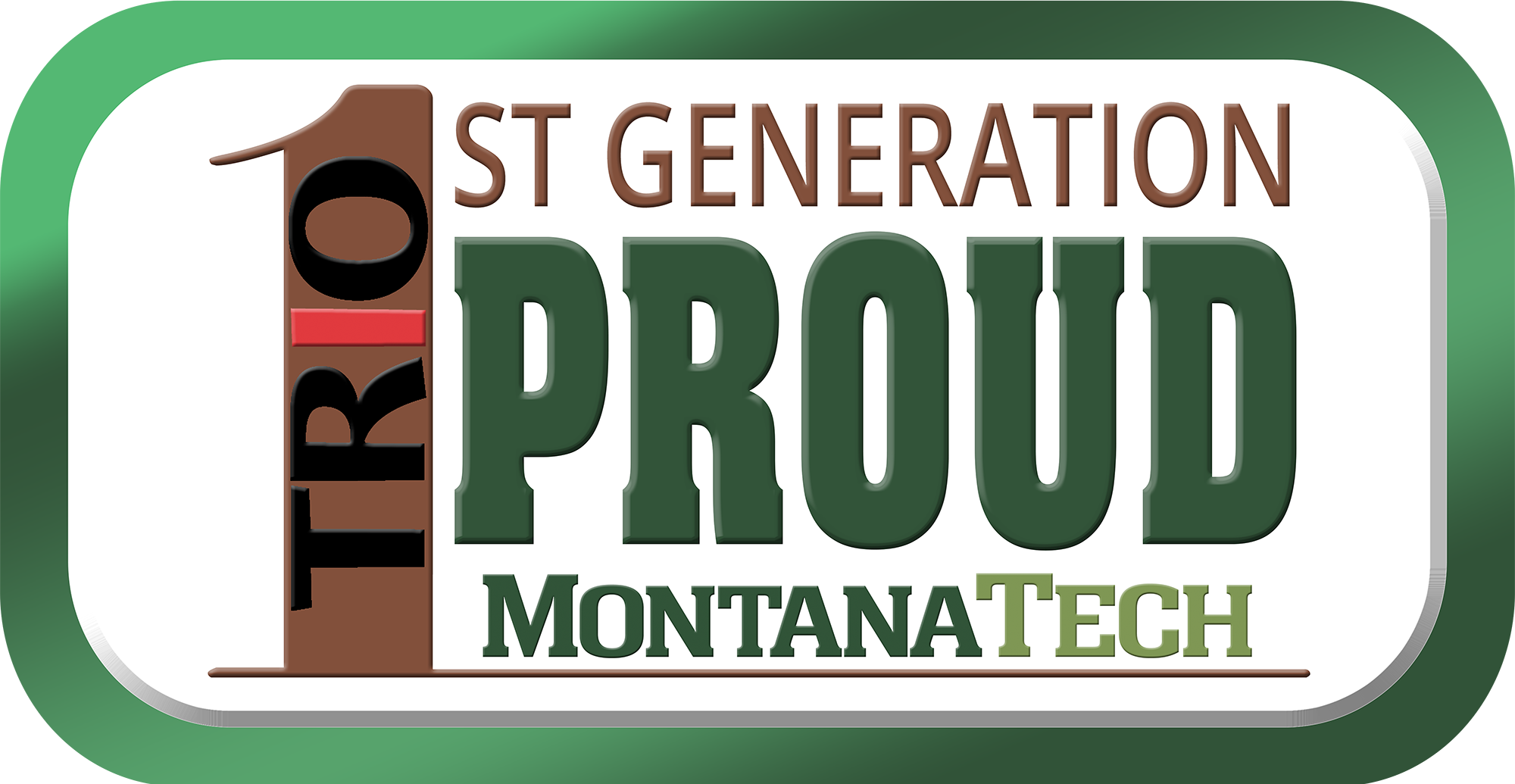
First-Generation College Celebration a success!
On Wednesday November 8, 2023 Montana Tech TRIO Student Support Services hosted MT Tech Mechanical Engineering Assistant Professor, Richard LaDouceur, MT Tech Director of Admissions, Angela Hoffman-Cooper, MT Tech Head Volleyball Coach, Brian Solomon, and MT Tech Nursing Assistant Professor Seana Ralph at a panel discussion to commemorate the 2023 First-Generation College Celebration.
Our panelists shared life experiences with staff and current MT Tech students as First-Generation College Students, experiences that highlighted each of their paths to successfully graduating and pursuing careers in their chosen fields.
Thank you to all who participated!
Montana Tech and TRIO Student Support Services are asking all faculty, staff, & students to complete this short survey to help us better serve the First-Generation population of Montana Tech.
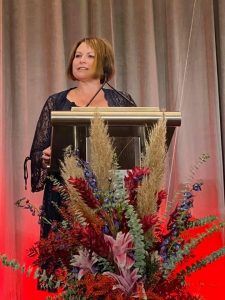 Amy Verlanic, the Former Director of Montana Technological University’s Institute for Educational Opportunities received the Walter O. Mason Award at the Council for Opportunity in Education (COE) – 40 Years of Good Trouble: Equity, Access, and Success annual conference in Atlanta, GA.
Amy Verlanic, the Former Director of Montana Technological University’s Institute for Educational Opportunities received the Walter O. Mason Award at the Council for Opportunity in Education (COE) – 40 Years of Good Trouble: Equity, Access, and Success annual conference in Atlanta, GA.
The Walter O. Mason Award is the highest honor awarded by the COE and recognizes individuals for outstanding contributions to college opportunity programs and the advancement of educational opportunity for low-income, first-generation students and students with disabilities.
As the leading association dedicated to the advancement of college access, the COE Annual Conference is the largest gathering of TRIO and GEAR UP staff. More than 2,500 college access professionals are gathering to learn and share ideas about areas such as best practices, financial literacy, STEM education, and retention.
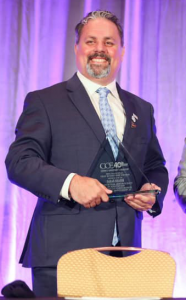 2021 National TRIO Achiever Award recipient Rabih Najjar, Senior Director of Strategic Projects, Hertz Corporations is a Montana Technological University’s Upward Bound program alumni. Najjar leads the operational initiatives for the Hertz Corporation and is responsible for the continued innovation, performance, and growth of Hertz and its brands. With a small town mindset in a large corporate environment, Rabih is known for bringing together all levels of an organization to share a common vision to maximize operational excellence.
2021 National TRIO Achiever Award recipient Rabih Najjar, Senior Director of Strategic Projects, Hertz Corporations is a Montana Technological University’s Upward Bound program alumni. Najjar leads the operational initiatives for the Hertz Corporation and is responsible for the continued innovation, performance, and growth of Hertz and its brands. With a small town mindset in a large corporate environment, Rabih is known for bringing together all levels of an organization to share a common vision to maximize operational excellence.
Najjar represents the thousands of Montanans who deserve the outreach provided by the TRIO programs. Having grown up in Anaconda, Montana as the oldest of four children, his immigrant family instilled the simple values of hard work and generosity. For Najjar, the doors opened by Montana Tech’s Upward Bound program and the supportive staff cannot be quantified. He credits Upward Bound at Montana Tech for his quick learning of social behavior and motivation – to find a way to relate to people of all backgrounds, education, and experience. The help, encouragement, and confidence Najjar received by being part of the Upward Bound program in high school created a ripple effect of opportunities, eventually earning him his current position.
When he arrived at Montana State University he quickly surrounded himself with help. He knew his success could not be left to chance. He enrolled in the TRIO Student Support Services program at MSU and took advantage of its tutoring and other services. Living in the dorms summer after summer in Upward Bound prepared him for employment as a resident advisor at MSU, which is how he paid his way through, ultimately earning a BS in Business Management.
Montana Technological University’s Upward Bound and the Unite program join forces during the UB Summer Academy.
Upward Bound, one of Montana Technological University’s TRIO programs, is a federally funded college prep program for students in grades 9-12.
A total of 55 Upward Bound students from Butte, Anaconda, & Helena spent part of their summer at NASA’s Kennedy Space Center, Universal Studios Orlando, and Wild Florida where they participated in STEM (science, technology, engineering and math) classes that included studying kinetic and potential energy, the history of our space program, and ecological issues.
Watch Upward Bound’s Summer Trip video
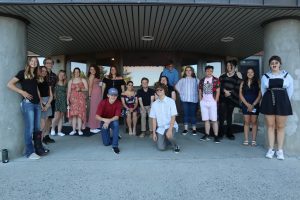
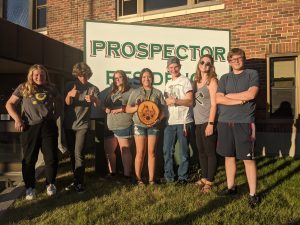
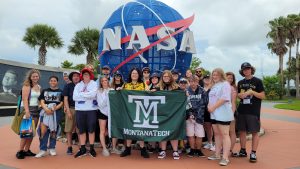
The Institute for Educational Opportunities asked Zara Berg, Carlton Nelson and Coulter Wyant to describe their experiences with the the Institute programs.
Listen to how they talk about the way the Institute programs changed their lives.
Through Big Sky Pathways and dual enrollment courses, we provide high school students the opportunity to get a jump start on college coursework.
Big Sky Pathways are career pathways that start with coursework in high school and allow students to achieve success by seamlessly transferring from high school to college and careers through a program of study. Explore the career pathway options we offer.

